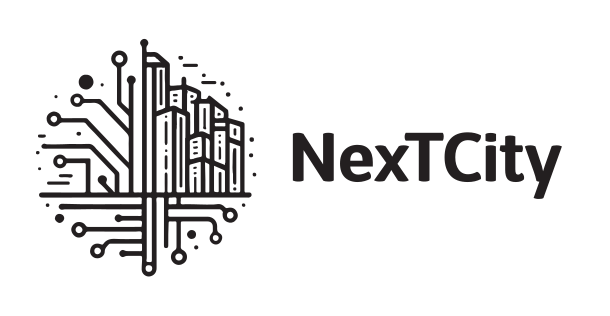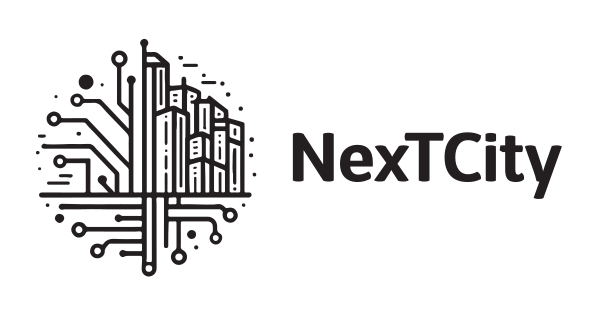Implementation plan
This WP will address the Management and Coordination of the project throughout the initial 15 months and the overall implementation of the project objectives that will allow the timely and appropriate accomplishment of the deliverables defined, linked with the European Commission (EC). The specific objectives of this WP are: o Monitor all the tasks of the project following the objectives defined; o Accomplish all administrative tasks programmed and fulfilment of contractual obligations required by the EC.
This WP will address the Management and Coordination of the second period of the project. Similarly, to WP1, the specific objectives of this WP are: o Monitor all the tasks of the project following the objectives defined; o Accomplish all administrative tasks programmed and fulfilment of contractual obligations required by the EC.
The specific objectives of this WP are: o Assess the current NOVA IMS position and define the main goals and strategic plan; o Define the research support needed to accomplish the strategic plan; o Create a Research Management Office (RMO), with the definition of its mission, structure, and specific competences.
The specific objectives of this WP are:
Assess the training needs of the NOVA IMS RMO team;
Define a Capacitation Plan aimed at enhancing the research management knowledge and skills of the NOVA IMS RMO team;
Empower NOVA IMS RMO to conduct internal training sessions for their research community.
With a focus on Digital Twin Technologies, the specific objectives of this WP are:
Enhance Researchers’ (including young researchers) scientific, technical, and transversal skills;
Provide opportunities for knowledge sharing, through the organisation of staff exchanges, thematic workshop and summer school.
With a focus on Analysis, Prediction and Simulation Models, the specific objectives of this WP are:
Enhance Researchers’ (including young researchers) scientific, technical, and transversal skills;
Provide opportunities for knowledge sharing, through the organisation of staff exchanges, thematic workshop and summer school.
With a focus on leveraging digital twin technologies for urban policy-making purposes, the specific objectives of this WP are:
Enhance Researchers’ (including young researchers) scientific, technical, and transversal skills in the domains of data governance models, data spaces, geo-visualisation and developing platforms/dashboards for digital twin users;
Provide opportunities for knowledge sharing, through the organisation of staff exchanges, thematic workshop, and summer school, as well as sharing best practices on real-world examples and applications in the context of Leuven, a frontrunner city in the EU Cities Mission.
This WP is focused on defining and implementing actions that will ensure the objectives of the NexTCity project will be sustained beyond the duration of the project. This WP will ensure that scientific and operational results are achieved during the project development, namely, the connections established, and the skills acquired allow further development and twinning initiatives.
Based on the knowledge and competences acquired on WP5, WP6 and WP7, this WP entails the development of a digital twin for a pilot area to test and measure the success of the skills acquired, ensuring their application in a real-world scenario. To ensure the completion of all requirements for each of the digital twin's intended functionalities, a pilot area has been selected. Considering the strategies of the city of Lisbon (Portugal) to reduce greenhouse gas emissions and the availability of data, it was defined a pilot in Lisbon Downtown in which a Zone of Reduced Emission (ZER) is planned. This is one of the most challenging areas in the city of Lisbon, presenting significant issues regarding air quality, the concentration of pollutants with the potential to impact human health, traffic congestion, noise, density of the building stock, influence of the urban heat island effect, as well as CO2 emissions, resulting from a high concentration of economic activity of the city. Having in mind all these challenges, a digital twin will be created for this area entailing three main use cases (US):
- US #1: to assess the impact of traffic and traffic congestion on the air quality, by crosschecking the traffic records with air quality and pollutant concentration provided by the network of sensors existing in this area of the city;
- US #2: to assess the impact of traffic and traffic congestion on the “urban heat island” effect, as well as additional energy consumption needs and CO2 emissions;
- US #3: to assess the impact of air quality records on human health, based on a ‘healthability’ index provided by a simulation model which considers the iteration between the results of both previous use cases with road safety, air pollution and human health.
These use cases will be used for the support of Lisbon decision makers, in which they will be able to simulate interventions in the public space and understand the impacts of their policies regarding air quality in ZER. The simulator models will be integrated with a 3D digital environment mimicking the physical structure of the intended ZER for this area in Lisbon. The simulation models developed in the ZER digital twin will be delivered to the Lisbon City Council, as well as the local stakeholders, to collect feedback on its usability. NOVA IMS will be responsible for data collection and integration in ZER digital twin, along with the development and integration of the simulation models for each use case to simulate the impacts of city interventions in health, air quality, and greenhouse gas emissions. UJI will be responsible for the 3D representation of ZER digital twin and maintain it updated. KUL will develop the visualisation modules that integrate the simulation models and will provide the framework necessary to guarantee that final results are aligned with Lisboa E-Nova and Lisbon City Council expectations for urban policy making. Partners will have the support from Lisboa E-Nova (service provider) in the delineation and adjustment of the use cases that will be implemented for ZER digital twin, in the provision of necessary datasets for the development of the what-if-scenarios and identification of final user requirements and validation of the visualisation modules for each use case. Lisboa E-Nova will also assess and evaluate if the end results achieved, satisfy end users needs and support possible adjustments.
This WP will focus on the awareness, communication, and dissemination activities of the project to guarantee that the results of the project are known and available to the scientific community and society in general. The specific objective is to ensure that the results of the project are disseminated and exploited through communication and transfer of knowledge.
WP11 will primarily focus on continuing the project's communication, dissemination, and exploitation activities to ensure that the results of the project are known and made available to the scientific community and society at large. Also, this WP intends to produce recommendations and position statements on technical and societal aspects in Digital Twin applied to Smart Cities.

